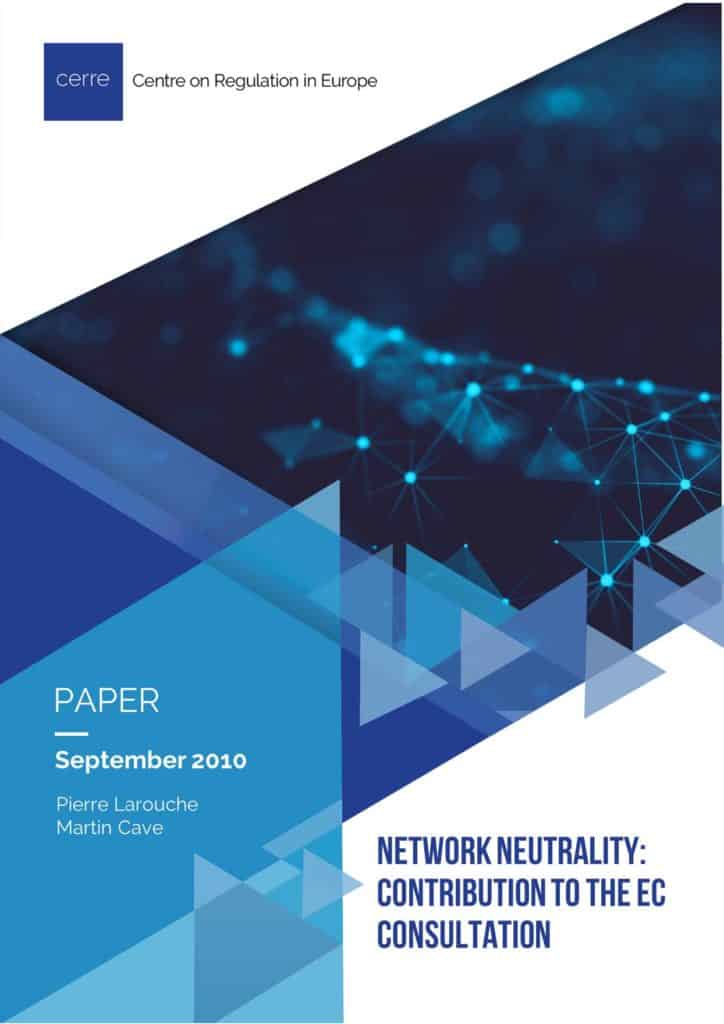Imperial College London
Martin Cave is a Visiting Professor at the Imperial College London. He was an Academic Co-Director at CERRE.
He is a regulatory economist specialising in competition law and in the network industries, including airports, broadcasting, energy, posts, railways, telecommunications and water.
Professor Cave has published extensively in these fields, and has held professorial positions at Warwick Business School, University of Warwick, and the Department of Economics, Brunel University.
Martin Cave is a Visiting Professor at the Imperial College London. He was an Academic Co-Director at CERRE.
He is a regulatory economist specialising in competition law and in the network industries, including airports, broadcasting, energy, posts, railways, telecommunications and water.
Professor Cave has published extensively in these fields, and has held professorial positions at Warwick Business School, University of Warwick, and the Department of Economics, Brunel University.




